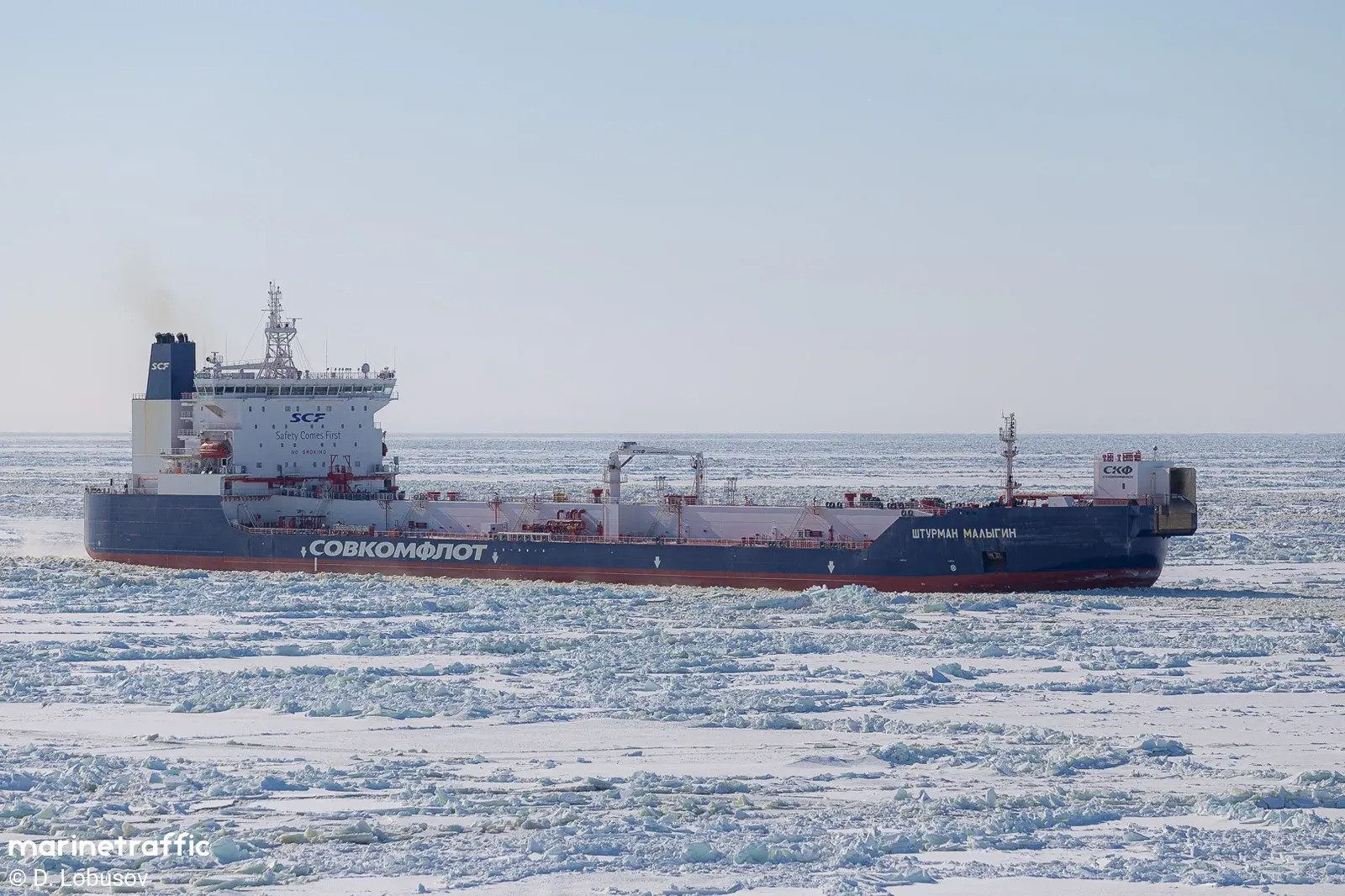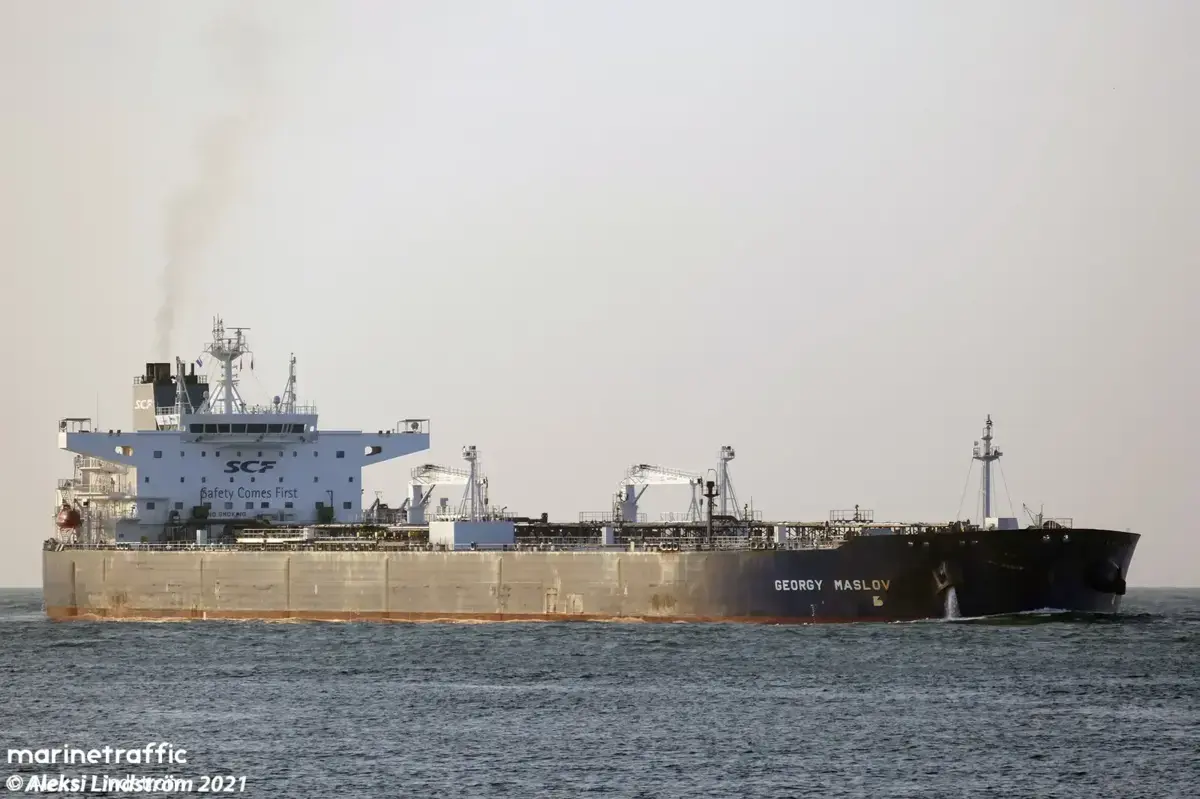
The United States government has imposed a large-scale package of sanctions against companies operating the Russian “shadow fleet” and their vessels.
The Office of Foreign Assets Control of the United States reported about this on its website.
The sanctions list includes two Russian oil companies, Surgutneftegaz and Gazprom Neft, and Russia’s largest shipping company, Sovcomflot.
Along with Sovcomflot, 69 of its vessels were sanctioned by the United States.

In addition, the insurance companies AlfaStrakhovanie and Ingosstrakh and a number of international companies involved in the sale of Russian oil were sanctioned.
In total, 180 vessels of the Russian “shadow fleet” were sanctioned by Washington.
Reuters news agency, which obtained access to this sanctions list before it was made public, reported that the oil market has already reacted by increasing prices by 4%.
In December, it was reported that the European Union adopted the 15th package of restrictive measures in response to Russia’s full-scale invasion of Ukraine.
It imposed sanctions on 52 ships of the shadow fleet and for the first time imposed full sanctions on Chinese companies.

Sanctioned vessels are denied access to EU ports, and a wide range of maritime-related services are blocked for them.
The sanctions target tankers from non-EU countries that circumvent the oil price cap or support Russia’s energy sector.
And vessels responsible for the transportation of military equipment for Russia or involved in the transportation of stolen Ukrainian grain.
The shadow fleet includes more than a thousand old and poorly maintained vessels without proper insurance and with non-transparent ownership structures.
These are vessels based in “friendly” jurisdictions and flying “convenient” flags. They have a deadweight of more than 100 million tons, which is about 17% of the global oil tanker fleet.

Revenues from oil sales provide authoritarian actors with resources to implement nuclear programs, develop modern drones and missiles, provide ongoing financial and material support for terrorist activities of their regional proxies, and pay for the services of transnational crime networks.
These tankers use deceptive tactics to conceal the origin of their cargo, creating risks of environmental disasters and financial losses for coastal countries. Since February 2022, more than 50 incidents involving these vessels have been recorded from the Danish Straits to Malaysia.
Підтримати нас можна через:
Приват: 5169 3351 0164 7408 PayPal - [email protected] Стати нашим патроном за лінком ⬇
Subscribe to our newsletter
or on ours Telegram
Thank you!!
You are subscribed to our newsletter